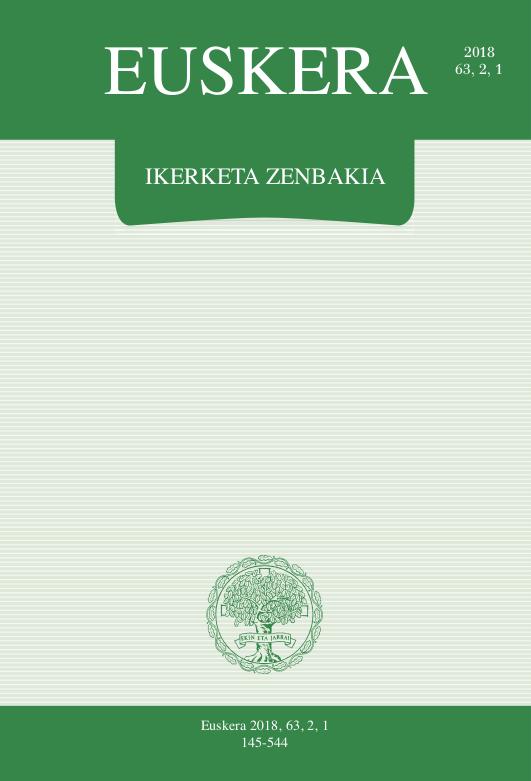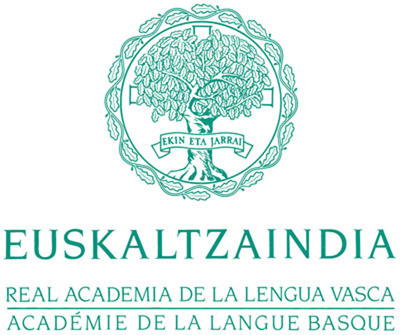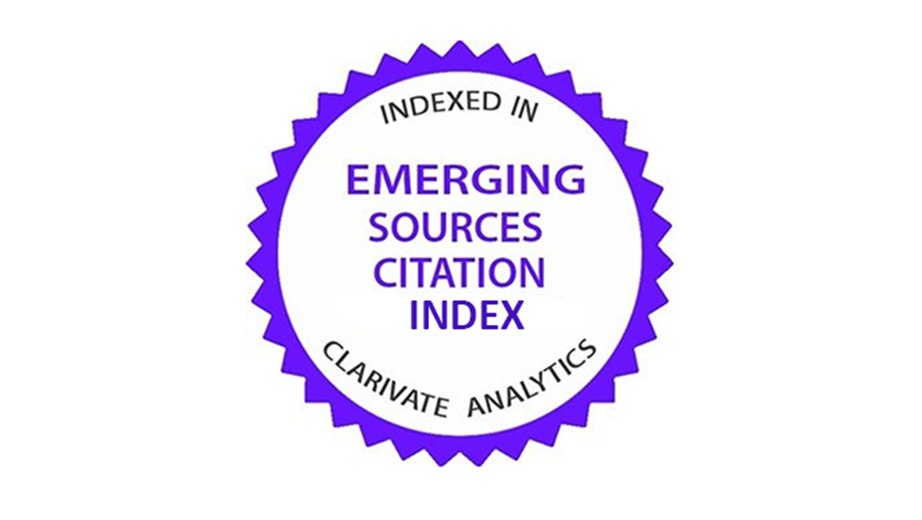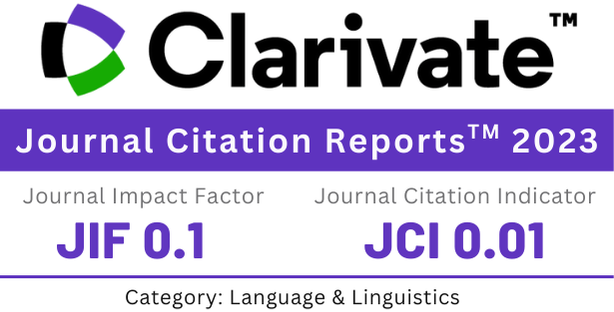"-tegi" leku-atzizkiaren aldaeraz: toponimiaren ekarpenak euskal fonetikari
DOI:
https://doi.org/10.59866/eia.v2i63.76Keywords:
Phonetic variation, -tegi locative suffix, toponymy, dialectal variety vs. standard basqueAbstract
This article examines the Basque locative suffix -tegi ‘abode, place’, which tooks part in the morphology of Basque house names. Relying on Euskal Corpus Onomastikoa (ECO) database of the Royal Academy of Basque Language, we compare written and oral forms of 148 house names, spread over 23 municipalities of Lower Navarre and Labourd. The diachronic study shows the -tegi suffix’s variation in a particular context, that is to say it becomes -tewhen it is followed by the determinant a in absolutive case, after a passage through -tei (Serorategia > Serorateia > Seroratea ‘The house of the nun’). Only 9 towns are concerned by this phenomenon very localized and a possible explanation could be linked to the natural process of phonetic change of the diphthong ei, contrary to what happened on the surrounding towns.
